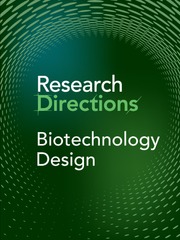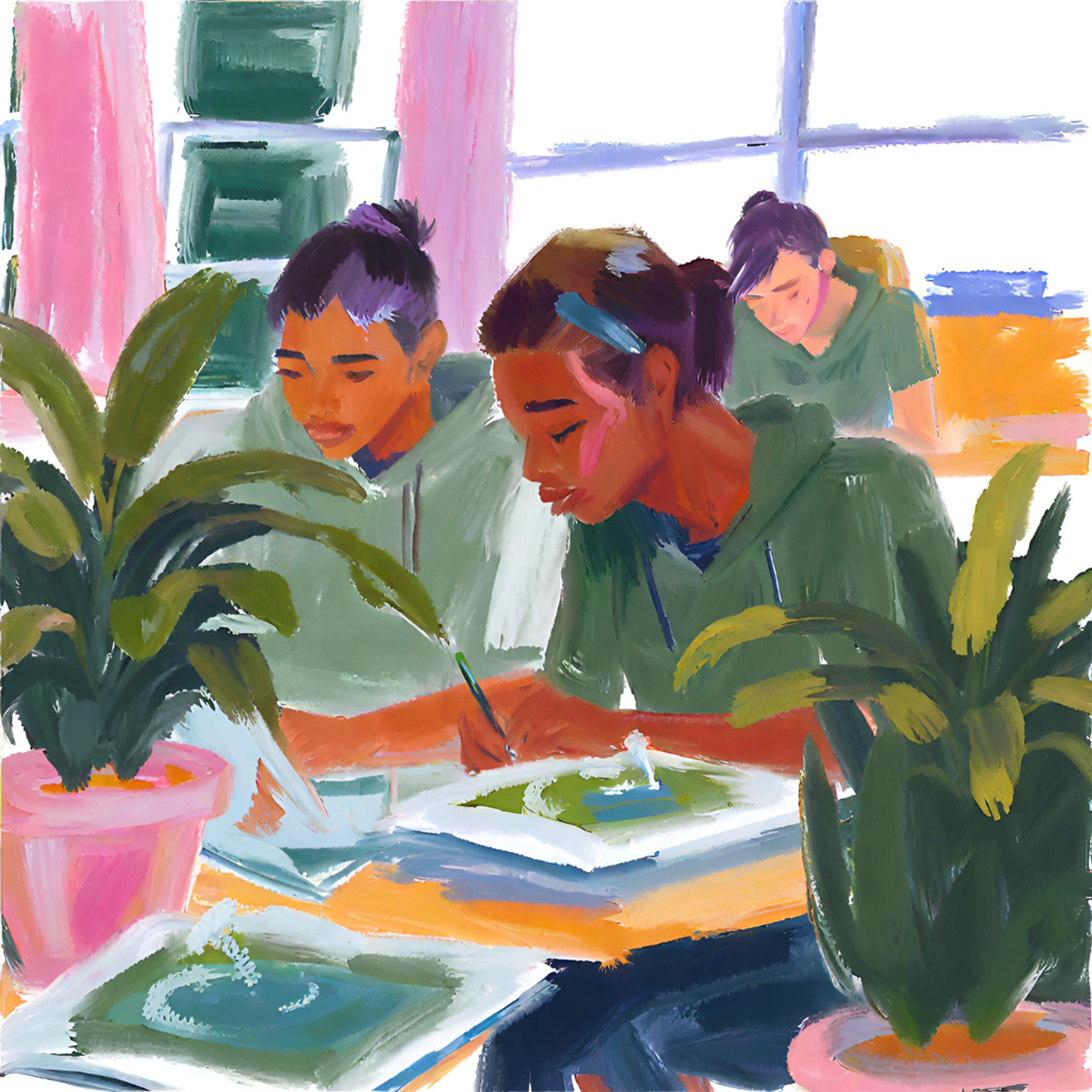Context
Biodesign is a relatively new interdisciplinary field, which has grown rapidly over the last decade (as evidenced for example by the growth in student teams entering the Biodesign Challenge from 9 in 2016 to 52 in 2024).
This growth is fed by expanding Biodesign high school and college programs worldwide; cutting-edge research performed by scientists, artists, and designers in the Biodesign community; and the emergence of notable design-led biotechnology start-ups. As is common with emerging fields, however, Biodesign still lacks well developed frameworks for sharing the unique applications, foundational knowledge, and hands-on skills of Biodesign with novices. Access to existing best practices, material resources, and pedagogical strategies is also uneven and not equitably distributed.
To answer our question: ‘How do we grow a Biodesigner?’ we are seeking a range of submissions that share findings and build consensus on Biodesign pedagogy, practice, and theory. We also welcome specific exploration of ways to encourage a wider range of individuals and groups to become Biodesigners or adopt biodesign approaches to learning. This includes works which deal with issues of Places (e.g. labs, studios, classrooms, geographies and institutions), People of biodesign (e.g. students, community groups, entrepreneurs, underserved or underrepresented communities), Practices (e.g. design and research methods and approaches, business and organizational models), Pedagogy (e.g. curriculum design and learning theories), and Perspectives (broader theoretical, critical or philosophical pieces, and work focused on ethics).
Contributions
Part 1: First Round Submissions to the Community Track
In the first instance, we are accepting submissions to the Community Track of the journal. Submissions that are featured on the Community Track should be formatted as a short paper/extended abstract (using the template here) and can also include an annotated portfolio, video, and audio submissions. If the submission is accepted, it will be allocated a DOI number and added to the Community Track section of the journal.
Part 2: Biodesign Symposium (Optional)
All submissions will also be considered to be presented at the first annual Biodesign Symposium on June 12, 2024 in New York City. Submitters can opt out of this option, and submissions do not need to be shown at the Symposium to be published in the journal.
Part 3: Paper Selection for Peer Review to be Published in Core Track
Subsequently, select authors will also be invited to submit full papers for peer review, which will be published through the Core Track of the Journal. These papers will need to conform to one of the journal templates as follows:
-
Results: Reporting on research findings from, for example, experiments and studies with either (or both) qualitative and quantitative data of significance, originality and rigor. We also welcome null result papers, where results are inconclusive or opposite to what was expected.
-
Analysis: Reviews, conceptual frameworks, critical analysis of existing work or classifications of key materials practices, etc. We also welcome horizon scanning or ‘call to action’ articles assessing relevant emerging technologies.
-
Impact: Reviews of research beyond academia, including patent reviews, stories of product development, analysis of economic impact, etc.
How to contribute to this Question
If you believe you can contribute your research outputs, find out how to submit in the Instructions for authors (https://www.cambridge.org/core/journals/research-directions-biotechnology-design/information/author-instructions/preparing-your-materials)
This journal publishes Results, Analyses, Impact papers and additional content such as preprints and ‘grey literature’. Questions will be closed when the editors agree that enough content has been published to answer the Question so before submitting, check if this is still an active Question. If it is closed, another relevant Question may be currently open, so do review all the open Questions in your field. For any further queries check the information pages (https://www.cambridge.org/core/journals/research-directions-biotechnology-design/information/about-this-journal) or contact this email (biotechnologydesign@cambridge.org).
Competing interests
The author(s) declare none.





